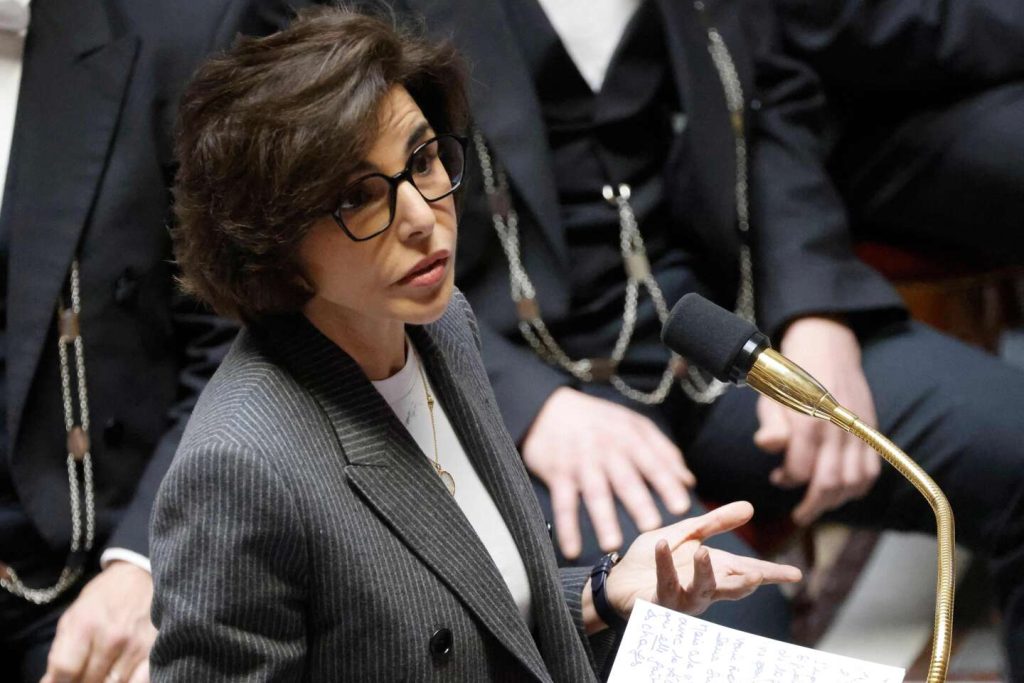In 1993, prominent directors Patrice Chéreau, Bernard Sobel, Jean-Pierre Vincent, and Alain Crombecque signed an open letter expressing concerns about budget cuts affecting artistic practices. They highlighted the importance of considering the role of art in society and government decisions. While the issues are longstanding, the current situation in French theaters is dire, with alarming articles being published regularly. The entire spectrum of creative teams, from national theaters to small independent companies in various artistic fields, is impacted by the funding cuts. It is crucial to recognize that all artists, technicians, authors, and directors are at risk of inactivity, and each sector relies on the other for support.
Recently, in an attempt to address the nation’s deficit, 200 million euros were slashed from the already modest budget of the Ministry of Culture. This move sets the stage for even further reductions in 2025, potentially leading to a crisis in the cultural sector. By weakening and potentially shutting down numerous venues and vulnerable companies, the government risks exacerbating social division and hastening a decline in the arts community. This systematic dismantling may progress to a point where the government claims that no institutions or companies are fulfilling their mission, justifying further cuts in funding.
To rebuild a sense of community, debates, exchanges of ideas, and sensitive spaces provided by artistic works are essential in fostering understanding and connection between individuals. In a democratic society, such confrontations are necessary and enriching. However, the dominance of reactionary viewpoints in cultural discourse raises concerns about the potential loss of diverse perspectives and voices. If this trend continues, it could signal the beginning of a planned dismantling of the cultural sector, with the possibility of further reductions in resources for creative endeavors.
As funding for artistic creation is diminished, there may be arguments made in favor of redirecting resources to private enterprises that produce commercially successful shows without government support. This narrative could undermine the legacy of cultural decentralization in France, which, despite some challenges, is admired globally. Protecting this heritage and maintaining support for a diverse range of artistic expressions is crucial for the continued vitality and relevance of the French cultural landscape. Amidst these challenges, it is vital for stakeholders to advocate for the preservation and expansion of resources for the arts, in order to ensure the sustainability and growth of artistic practices in France and beyond.


